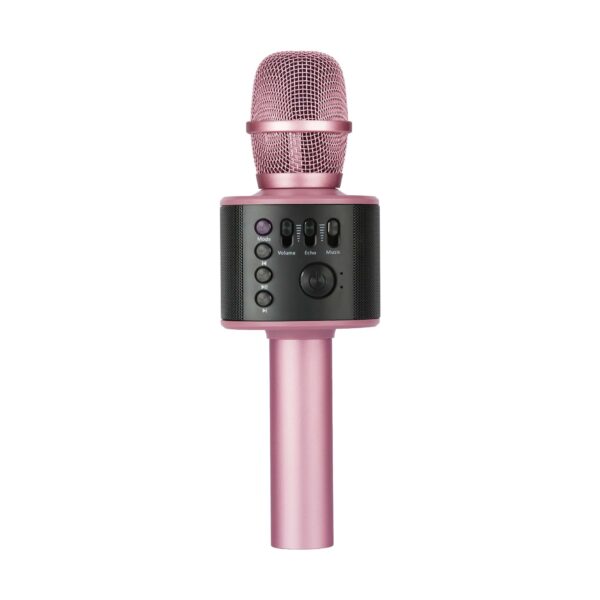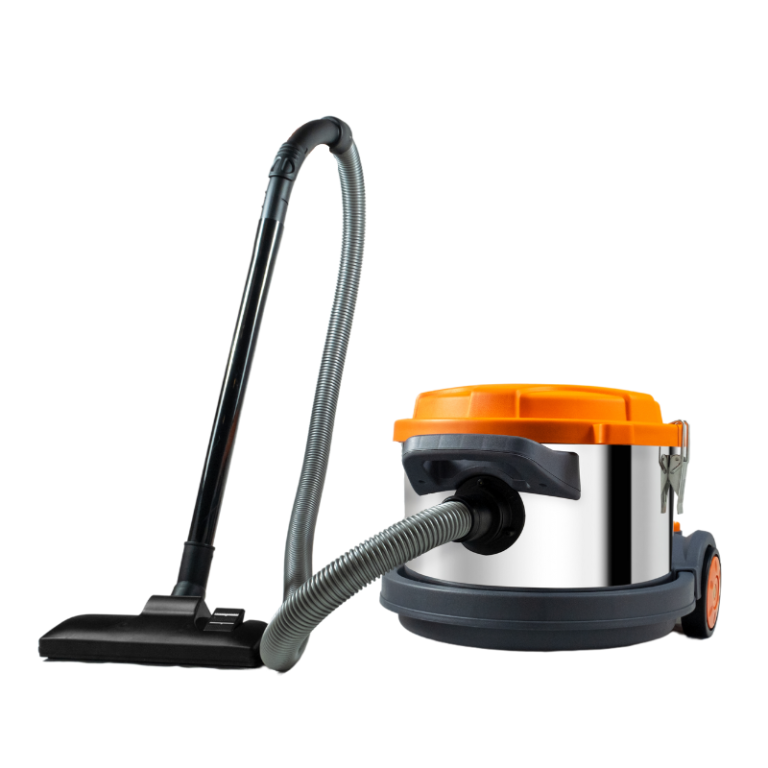Understanding sound can enhance your awareness of your home environment, particularly in relation to common appliances like vacuum cleaners. Sound is measured in decibels (dB), a unit that quantifies the intensity of sound. The quiet hum of your refrigerator and the piercing sound of a lawn mower both hold significance in our auditory landscape. How many decibels is a vacuum cleaner? This article delves into the world of sound, specifically focusing on the decibel levels of vacuum cleaner and their implications for comfort and health.
Understanding Decibels and Sound
What Are Decibels?
How many decibels is a vacuum cleaner? Decibels measure sound intensity, calculating the pressure of sound waves in a way that relates to human perception. The scale is logarithmic, meaning every increase of 10 dB represents a tenfold increase in intensity. This can lead to some surprising realizations about sound levels in everyday life. For example, a whisper usually registers around 30 dB, while normal conversation can reach effectively 60 dB.
This nuance in measurements helps clarify how significantly sound can affect your environment. Understanding decibel levels can help you make informed choices about appliances, room acoustics, and your overall auditory experience.
The Impact of Sound on Health
Constant exposure to high levels of sound can adversely affect health. Prolonged exposure to noises over 85 dB increases the risk of hearing loss, along with other complications such as stress and sleep disturbances. Creating a comfortable sound environment in your home can contribute to overall well-being.
By becoming aware of the decibel levels of appliances, like vacuum cleaners, you can take steps to mitigate their impact on your living space. This awareness allows you to make educated decisions about when and how to use such devices.
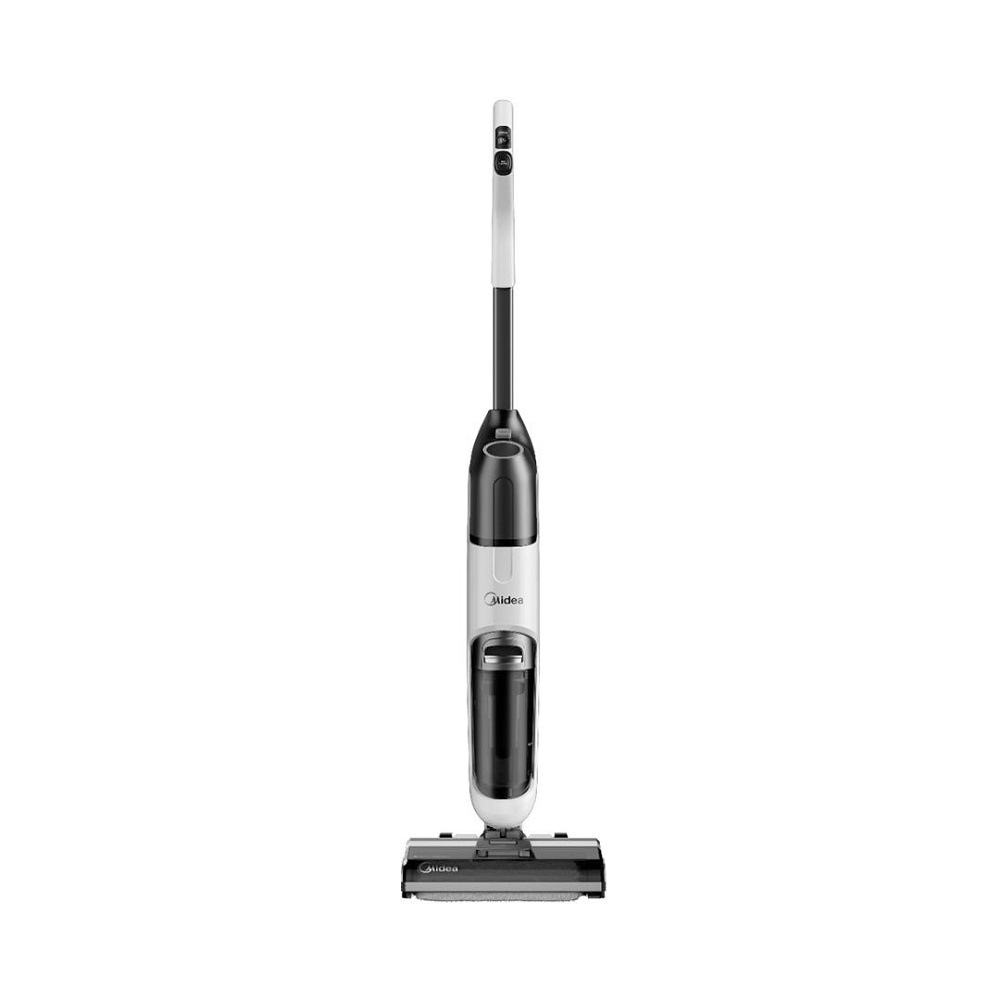
The Decibel Level of a Vacuum Cleaner
Typical Noise Levels
Vacuum cleaners typically generate noise levels between 70 dB and 85 dB, which can vary based on the model, design, and how they are used. For context, this level of noise is similar to that of a washing machine or a busy street. The exact decibel level often depends on factors such as the type of vacuum cleaner—upright, canister, or robotic—and the surface being cleaned.
How many decibels is a vacuum cleaner? Understanding where your vacuum cleaner falls on this scale is crucial. For example, a standard canister vacuum might operate around 75 dB, while a powerful upright model can reach upwards of 85 dB. Knowing these distinctions assists you in gauging how disruptive the device may be in your home environment.
Sound Measurements and Variability
Manufacturers often publish the decibel levels of their products, but actual noise levels can vary based on usage conditions. How many decibels is a vacuum cleaner? For instance, if you use the vacuum cleaner on a hardwood floor, it might produce a different noise level compared to cleaning a carpet due to variations in motor strain and sound reflection.
To accurately assess the noise level, it may be beneficial to use a sound meter app on your smartphone or a dedicated sound level meter. These tools measure real-time sound levels, giving you an idea of how much sound your vacuum cleaner generates in specific situations.
Factors That Influence Vacuum Cleaner Noise Levels
Design and Build
The design and construction of a vacuum cleaner play significant roles in determining its noise output. Manufacturers often incorporate sound-dampening technologies to minimize noise. Insulation materials, motor design, and airflow adjustments can reduce airflow noise.
For example, quieter vacuum cleaners may utilize rubber seals, which help to absorb and dampen sound waves. Models designed specifically for low noise often emphasize a balance between performance and sound reduction. Therefore, if noise levels are a top concern, consider models marketed as “quiet” or “low noise,” which have specifically engineered features to mitigate sound output.
Motor Power and Type
The type of motor used in vacuum cleaners also affects sound levels. High-powered motors generally produce louder sounds than their lower-wattage counterparts. Furthermore, brushless motors tend to create less noise due to their design. On the other hand, models that combine a powerful motor with effective sound dampening might provide high performance while remaining relatively quiet.
When shopping for a vacuum cleaner, evaluate motor specifications alongside decibel ratings to find machines that offer adequate power without excessive noise.
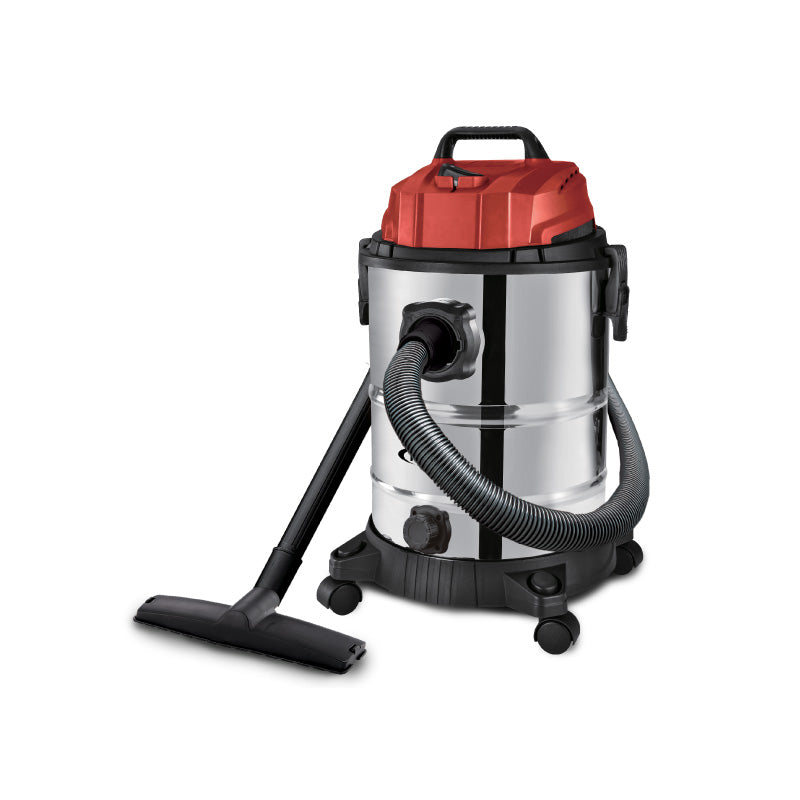
The Importance of Choosing the Right Vacuum Cleaner
Comfort During Use
Choosing a quieter vacuum cleaner can make home cleaning more comfortable. Noisy machines can create fatigue over time, as the constant sound can be distracting and even stressful. This is particularly relevant if you have pets or children at home.
Quiet vacuum cleaners allow for cleaning while maintaining a peaceful environment. You might avoid waking sleeping kids or startling pets, creating a more harmonious living space. This can make the chores of daily cleaning less daunting, increasing your likelihood of keeping a tidy home.
Consideration for Neighbors
In multi-family homes or apartments, sound can affect neighbors. A loud vacuum cleaner could lead to noise complaints, particularly if you clean during hours when others are resting. Opting for a quieter model shows consideration for those living near you, helping to maintain good neighborly relations.
By being mindful of the community environment, you not only enhance your living space but also contribute positively to your relationship with those around you. Remember to check your vacuum cleaner’s specifications regarding noise levels for better compliance with neighborhood standards.
Strategies to Minimize Noise Exposure
Selecting the Right Time to Vacuum
Strategically planning your cleaning schedule can help minimize exposure to vacuum cleaner noise. If you live in a busy household, consider vacuuming during times when others are away or while outside noise is minimal. If you have flexible working hours, aim for quiet times during the day for cleaning.
Cleaning in the early morning or later in the afternoon can also help balance your routine with that of family members or roommates, ensuring minimal disruption. Being conscious about timing allows you to enjoy a quieter and more peaceful environment.
Using Sound-Dampening Mats
Placing sound-dampening mats or carpets in your cleaning area can significantly reduce noise. This technique works effectively by absorbing sound waves, thus reducing noise transmission through floors. Using these mats can not only make your cleaning process quieter but also protect your flooring from potential damage caused by vacuum cleaners.
Additionally, consider using attachments that reduce suction noise. Some vacuum cleaners come with specific tools designed to lessen overall sound during operation. For instance, using a soft brush attachment or cleaning mode may produce a quieter experience.
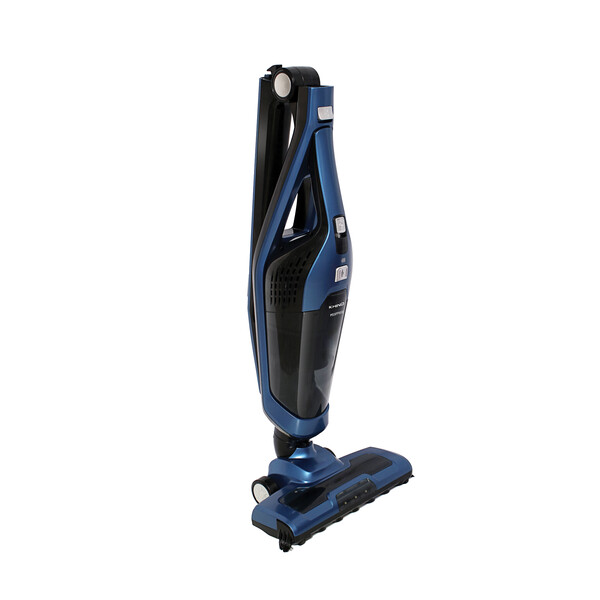
Common Noise Levels of Household Appliances
Comparing Everyday Sounds
To better understand how a vacuum cleaner fits into your home’s sound landscape, it’s helpful to compare its decibel level with other household appliances. For example, a normal conversation registers about 60 dB, while a dishwasher can reach around 70 dB. Household fans usually hover around 50 dB, adding context to your understanding of noise levels.
This comparison highlights the impact of vacuum cleaner noise when placed alongside other common sounds in the home. Understanding these relative levels can help you make better choices about when to clean and how to manage sound in your living spaces.
Factors Affecting Comfort Levels
Listening to sounds that reach 80 dB or above can lead to discomfort over time. Therefore, finding appliances with lower noise levels helps create a more comfortable environment. The aim should be to choose a vacuum cleaner that fits your noise tolerance while still delivering satisfactory cleaning performance.
Consider how sound affects your overall comfort at home, and use that information to guide your appliance selection. Striking the right balance between sound and cleanliness is crucial for a harmonious living environment.
Making Satisfactory Choices
Consider Your Needs
How many decibels is a vacuum cleaner? When choosing a vacuum cleaner, factor in its decibel level, motor type, and features such as noise-reduction capabilities. Think about your unique needs—if you live in a busy household, a quieter model will likely improve your cleaning experience.
Also, consider the layout of your home. If you have hard surfaces, the sound may echo, making even relatively quiet vacuum cleaners sound louder. Opting for a quieter model allows you to maintain a peaceful atmosphere during cleaning.
Assessing Long-Term Impact
Finally, when deciding on appliances, think long-term. While a quiet vacuum cleaner may come at a slightly higher price, consider how much more enjoyable life in your home will be. Investing in a quality vacuum cleaner that excels at sound management not only enhances cleaning but also improves your quality of life overall.
In conclusion, understanding the decibel levels of vacuum cleaners empowers you to make better purchasing decisions. By comparing the noise levels of vacuum cleaners to those of other household appliances, you can find an option that fits your lifestyle while maintaining the comfort of your home. With the right tools in place, your cleaning routine can become much more pleasant and harmonious. Happy cleaning!

